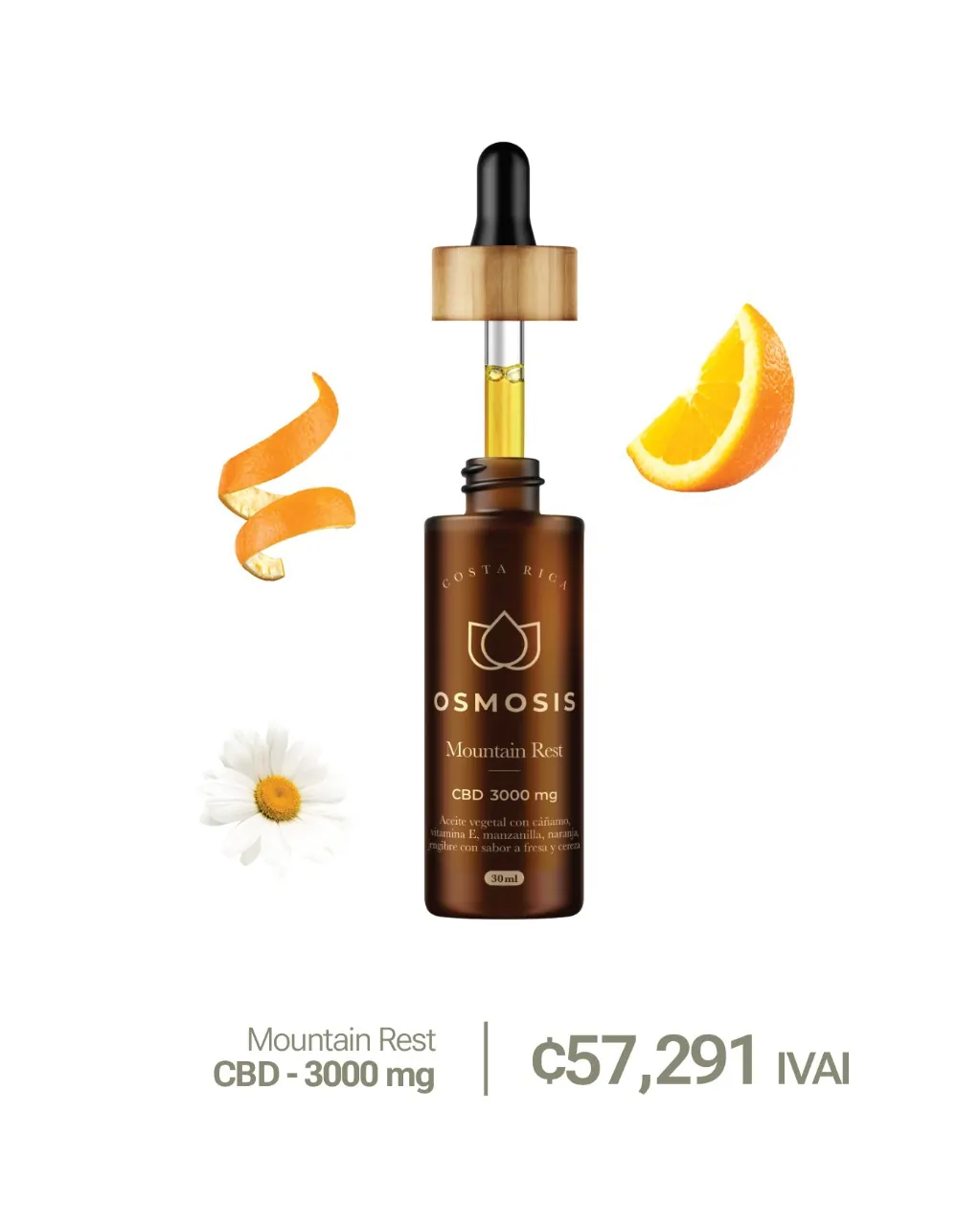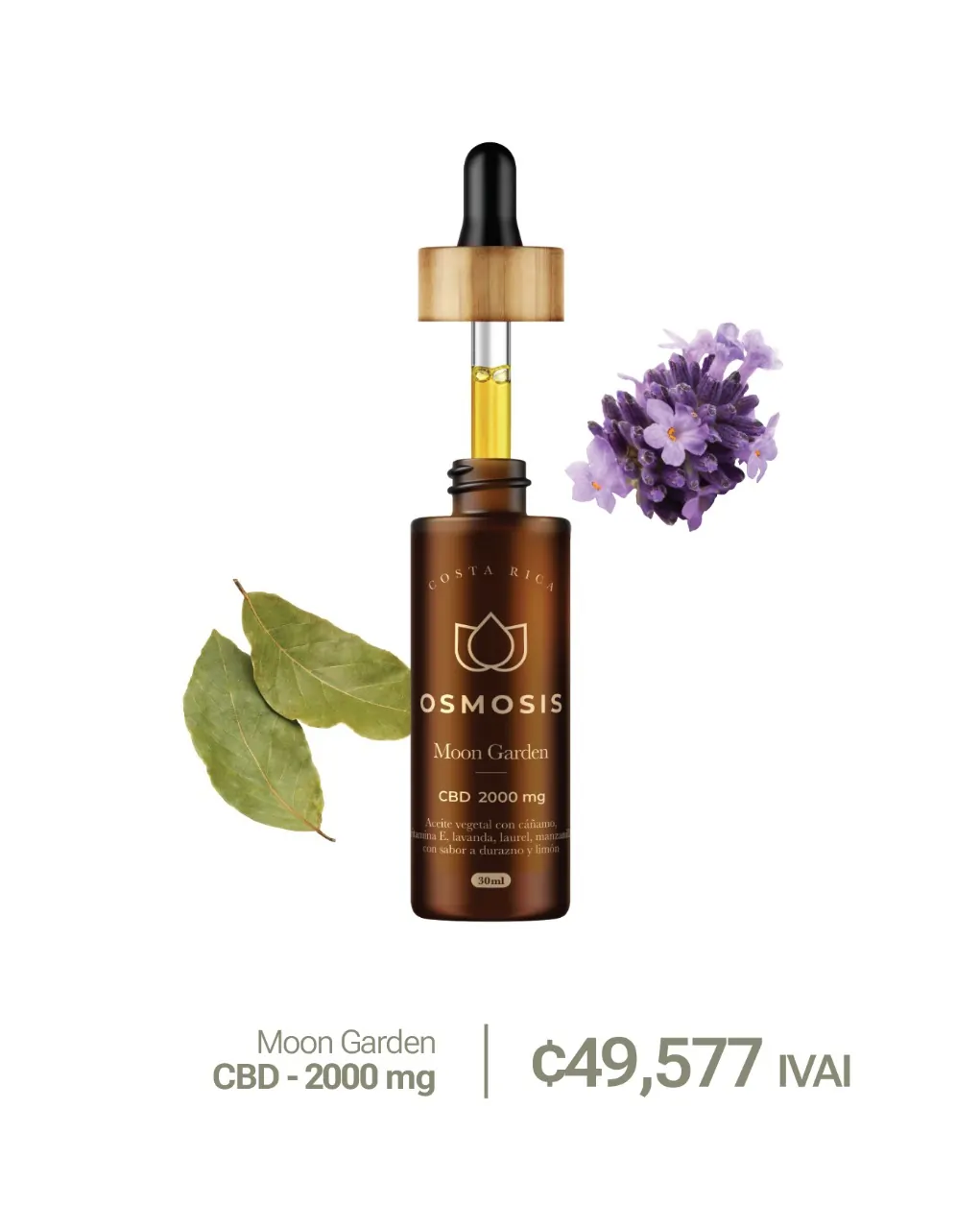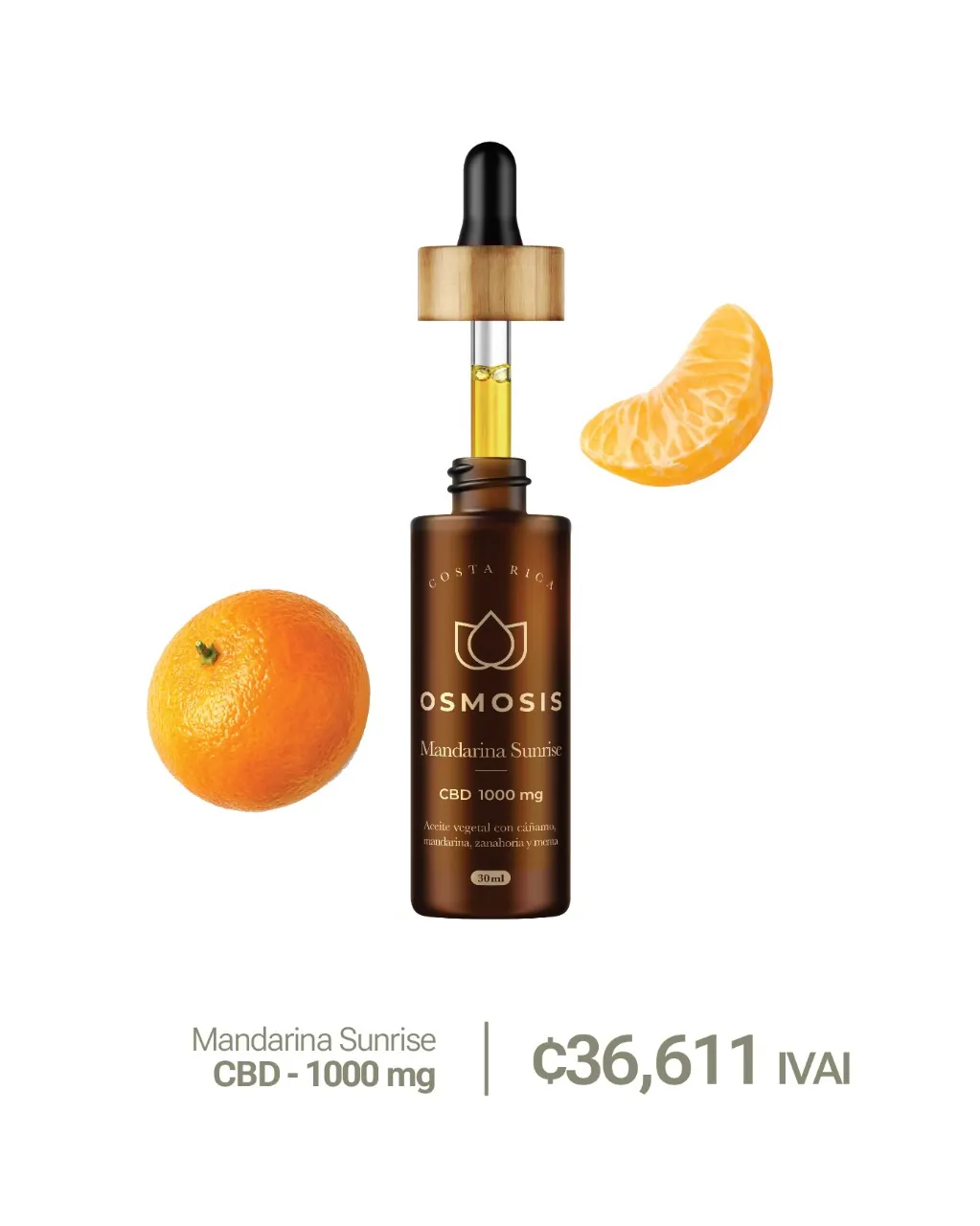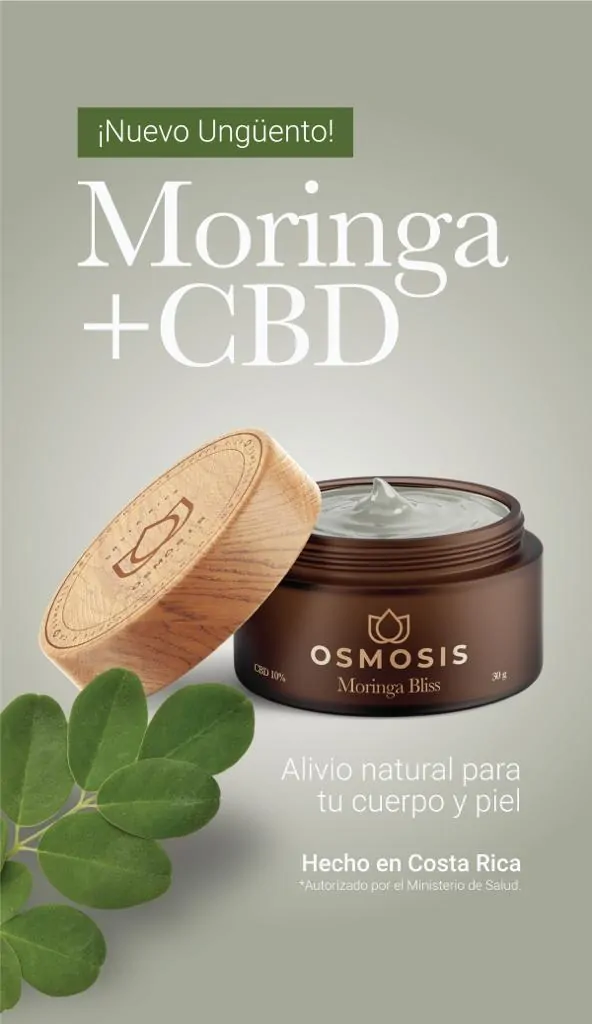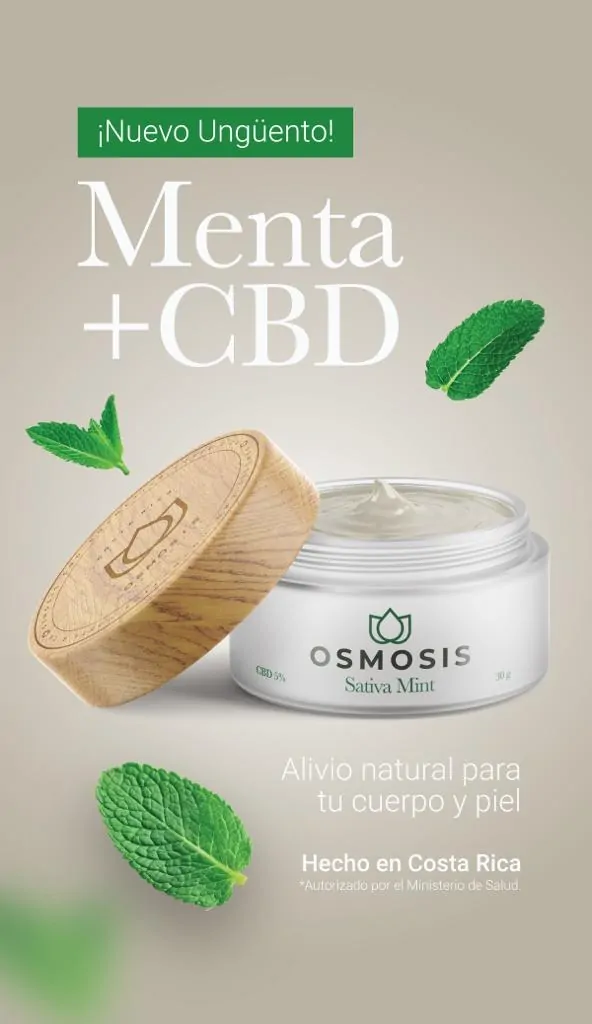Read in Spanish
In July of this year, a study published in the journal JAMA International Medicine concluded that access to medical cannabis in states where this medicine is legal in the United States, reduced the consumption and prescription of opiates by 6%.
To give us an idea, that percentage is equivalent to a reduction of 3.742 million daily doses. (You can read the study in this link: https://www.ncbi.nlm.nih.gov/pubmed/29610897/)
With the legalization underway, it is possible that studies of this type keep appearing constantly.
Síguenos en Instagram: @mcnglobal
People with greater inclination to the medicinal use commonly suffer from chronic, rheumatic, corporal pains, also of insomnia, multiple sclerosis, cancer and its sufferings, epilepsy and others.
In addition, studies have been conducted in adult populations to check if there is effectively an efficacy. The results are very positive, this being the reason why many States decide to give access to their patients.
BELOW SOME MEDICATIONS THAT CAN BE REPLACED BY CANNABIS
- Opioids / opioids
Commonly administered for pain, this type of medication is derived from the poppy (opium) and is used to soothe chronic pain in case of accidents, operations and after surgeries. In many cases, opiates generate rapid dependence. Among them: Morphine, Codeine, Vicodin, Methadone, the lethal Fentanyl, among others.
2. Benzodiazepines

These medications are used daily in health centers. Benzodiazepines act in the central nervous system with anticonvulsant, anxiolytic, sedative, mood and other properties.
They can have lethal doses, have high dependency, side effects and withdrawal syndrome. In recent decades, patients report null effectiveness in many of these drugs. Among them: Clonazepam, Diazepam – and all those that end with the suffix “pam” -, Clonex, Diocam, Klonopin, Kriadex.
The effect that cannabis has to balance the system that generates serotonin has led to the generation of a whole new system of analysis and understanding of the action of cannabinoids as anxiolytics, anticonvulsants, anti-inflammatory and others.
3. Sedative
Anxiolytic medications, also known as tranquillizers, act as a central nervous system depressant. It thus causes a calming effect, against anxiety. Like the other groups have side effects and cause withdrawal syndrome.
Indica-type varieties, are characterized by providing sedative effects. With studies that support the above. For anxiety it is not advisable to consume genetics with high contents in Tetrahidrocannabinol (THC), especially sativas have negative effects to treat anxiety.
4. Antidepressants
This is the talk of psychotropic drugs developed to treat depression due to deficiencies in the production of serotonin. Generally, they can be accompanied by anxiety, alteration in appetite and in the control of impulses in different periods of life.
Many medicinal cannabis patients have found positive effects for the treatment of depression and opt for its use because they lack side effects as in common antidepressants. Among them: Amiltriptilina, Sertralina, Sarafem, among others.
5. Z-Drugs
They are an analogous group of benzodiazepines created to treat insomnia. Research shows, however, that Drugs Z may have advantages over benzodiazepines since they deteriorate the sleep structure.
Low, medium and high doses of cannabinoids, on the other hand, have been seen effectively for the modulation of sleep, mood and appetite.
Now you know why cannabis is banned in most of the world. The reason: you could plant it in your own house.
–

